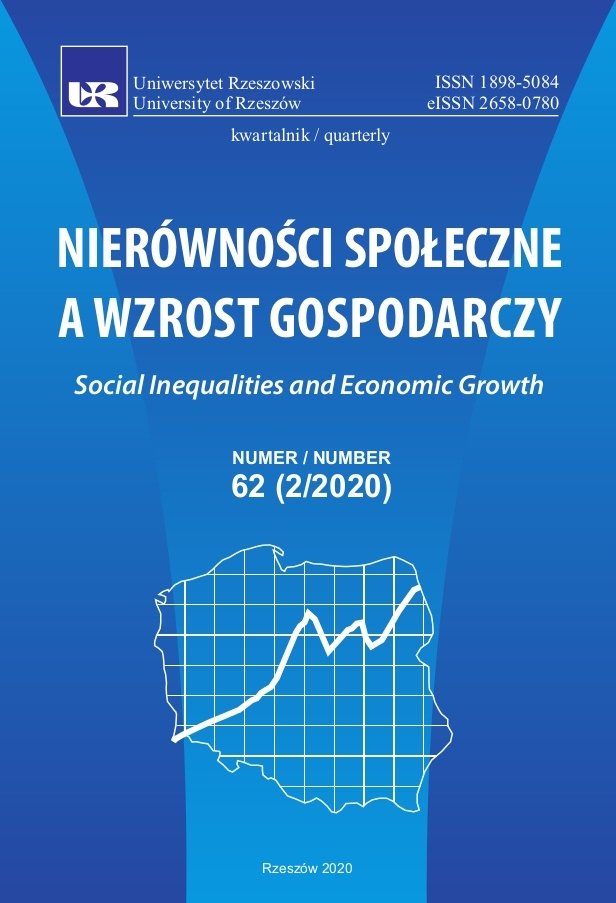Fostering digital business transformation and digital skill development for economic growth and social inclusion in Poland: a preliminary study
Fostering digital business transformation and digital skill development for economic growth and social inclusion in Poland: a preliminary study
Author(s): Karolina OlszewskaSubject(s): Economy
Published by: Wydawnictwo Uniwersytetu Rzeszowskiego
Keywords: digital divide; digital maturity; digital skills; digital transformation
Summary/Abstract: The digital transformation of an enterprise is an extremely complex issue, which involvesmodification of the traditional model and business processes through the use of ICT solutions. Thetransfer of operational activities from the analog to the digital sphere enables new production anddistribution methods, better interactions with the customer and the production of digital goods andservices. Therefore, digital transformation, as a key issue for enterprises, should play a central rolein their development strategy.In the world of artificial intelligence, based on self-learning algorithms and global data flows,appropriate workforce skills are necessary for the effective implementation of a digital strategy. Theskill gap, resulting from a lack of proper vision, knowledge, skills and experience, is the main reasonfor the lack of success in the process of the digital transformation of SMEs. It is also significant withrespect to ensuring faster economic growth and the process of social inclusion.The purpose of the study is to outline the importance of the issue of reducing the digitalgap, which is one of the important competence gaps for conducting effective digital businesstransformation at the threshold of the third decade of the 21st century, and to present solutions ofsystemic support for the development of digital skills in Polish enterprises.The findings of the analysis are as follows: in order to reduce the gap in digital skills, it is necessaryto strengthen extensive cooperation within the triple helix, to include public-private partnerships basedon coordinated actions undertaken jointly by enterprises, science, and public administration. Scienceand technology parks (STPs) should play a special role in this respect. However, for this assistance to beeffective, it is necessary to prepare the managerial staff for the construction and, above all, implementationof an appropriate support strategy related to STPs for the digital transformation of their tenants.
Journal: Nierówności Społeczne a Wzrost Gospodarczy
- Issue Year: 2020
- Issue No: 62
- Page Range: 278-293
- Page Count: 16
- Language: English

